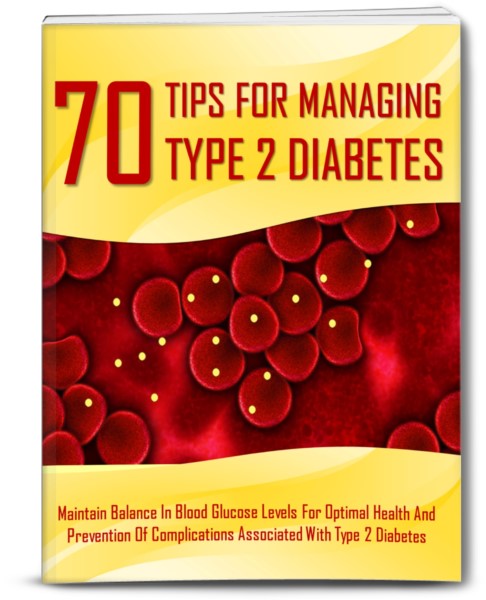Extreme Exercise: Another Dangerous Weight Loss Method
Getting a good day’s worth of exercise is important to overall health. 30 to 50 minutes of moderate exercise every day, is recommended by most doctors. However, there is a group of people who go beyond moderate exercise. These people exercise to the extreme.

What Is Extreme Exercise?
When attempting to identify whether or not you suffer from excessive exercise you may want to take a look at the following symptoms provided by the Center for Eating Disorders:
• Exercise beyond what would be considered a normal amount
• Refusal to rest despite injury
• Exercise is the only way to cope with stress
• Feelings of depression or guilt when exercise is skipped
• Never thinking they’ve exercised enough
• Excessive concerned with aesthetics of the body
• Decreased performance and plateaus
• Over-training syndrome
• Refusal to change exercise schedule
These are all symptoms of extreme exercise and can be an indicator of a greater mental health concern. Not only does extreme exercise have mental health indications, but there are also physical issues that can arise with extreme exercise.
It’s Bad for Your Heart
Some forms of extreme exercise like ultra-marathons and cross-country skiing run the risk of damaging your heart. The Cleveland clinic published an article featuring evidence by the European Heart Journal showing these extreme exercisers had increases in their risk for heart arrhythmias when they went faster and longer.
A study featured in the Huffington post points out some investigation into extreme exercise shows the heart muscle builds up calcium in the coronary artery. Middle-aged endurance athletes are at the highest risk of this happening.
A Danger to the Obese
Diet and exercise are often prescribed to obese patients as a way to manage their weight. However, with obesity, many complications with exercise doubled when you consider extreme exercise. Livestrong points out that obese people are more susceptible to dehydration, heat exhaustion, joint injury, respiratory problems, and cardiac problems.
While mild and moderate exercise would be appropriate, extreme exercise is downright dangerous even when done to help aid weight loss. The health complications associated with extreme exercise and obesity should be enough to discourage any extreme activities.
Should I Refrain from Exercising?
While the evidence may be scary, it’s not intended to frighten you away from exercising entirely. Exercise when taken in moderation is healthy for most individuals. It is only when you enter into the extremes either mentally, or physically that you experience increased risk factors for mortality.
No one should sit on the couch all day every day. Daily exercise is important for overall cardiovascular health and respiratory health. If you notice you become obsessed with the volume of exercise you can do, this may indicate a larger eating disorder.
Also, those who take part in extreme endurance activities they risk damaging their heart. Obese patients embarking on an exercise regime would benefit from consulting a certified personal trainer or physical therapist in order to minimize risk factors like joint damage and cardiac events.
Extreme exercise simply for weight loss will be ineffective and dangerous. One of the most well-known sayings in weight loss is that you can’t out run a poor diet.
Using extreme exercise as a way to compensate for a diet that is saturated in starchy carbohydrates and unhealthy fat can only lead to problems in the future so the best method for using exercise to aid in weight loss is to have it accompany a healthy and moderate diet.
Attempting to out run your poor diet will only lead to health complications and possible injury. Even if you are running ultra-marathons, you need to take into consideration the damage it could do to your cardiovascular system. Whether you have weight to lose or you enjoy the exercise, take it in moderation to avoid health complications.

































